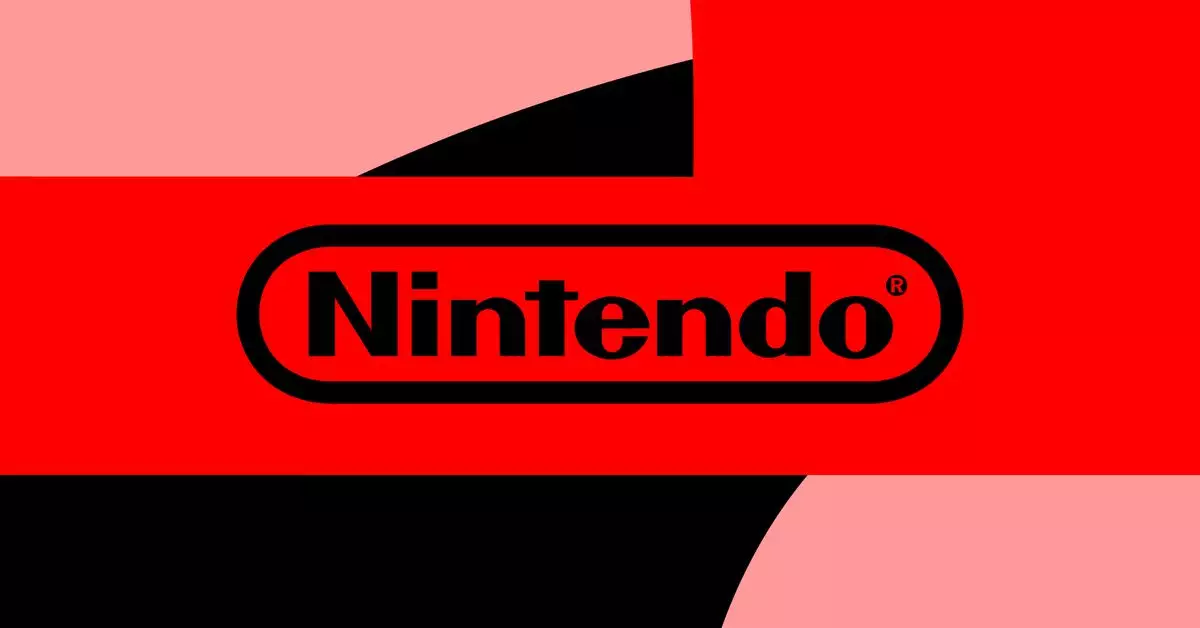In the landscape of gaming, Nintendo continues to hold a significant place, not just through its beloved franchises but also via the widely popular Nintendo Switch. As anticipation grows for the forthcoming successor to the Switch, various key facets emerge, particularly around backward compatibility and the growing dynamics of online services. Although official announcements around the next console remain scant, critical details have already started to surface, setting the stage for what gamers can expect going forward.
Transitioning to the Future without Losing the Past
While preparing for a new gaming console, Nintendo has assured its fanbase that existing games from the current Switch will stay playable on the upcoming system. This decision is significant and reflects a growing awareness within the gaming industry about the need for continuity. This was reinforced during a recent policy briefing where Nintendo executives stated that the upcoming system will maintain continuity with the current Nintendo Switch Online services. It’s a vital statement that speaks not just to gamers’ attachment to their libraries but also points to the company’s recognition of backward compatibility as a driving force for current and future sales.
Despite a drop in sales during a comparative quarter, the overall success of the Switch remains remarkable. With 4.72 million units sold recently, it’s clear that Nintendo continues to perform strongly in the market, even in the face of a 31 percent decline from the previous year. Cumulatively, this raises the total sales to an impressive 146 million units, showcasing the Switch’s ability to not just garner sales initially but maintain a healthy market presence over time. This speaks to the enduring popularity of the platform — matching or exceeding the performance of previous consoles years into their lifecycle.
Additionally, software sales also saw a record-breaking milestone of 1.3 billion units by September 2024, indicating that the quality of games available on Switch is maintaining player engagement. However, the slight decrease in Nintendo Switch Online subscriptions, despite an increase in the higher-tier Expansion Pack, raises questions about long-term player retention strategies and user engagement dynamics.
The Backward Compatibility Quagmire
Backward compatibility remains a contentious topic. While competitors like Xbox and PlayStation have set benchmarks for seamless integration of older games into their new systems, Nintendo’s history complicates this aspect. Moving from discs to cartridges with the Switch introduced challenges for backward compatibility, and players have been met with uncertainty over whether treasured classic games will see a remastered port or make their way onto the Switch Online library. As much as the Switch allows players to explore new titles, it also juxtaposes the concern of losing a dynamic history of gameplay.
With many gamers relying on nostalgia and established franchises, the question remains: how will Nintendo handle this transition? With a staggering 87 percent of games from before 2010 being classified as “critically endangered” by the Video Game History Foundation, the importance of preserving gaming history has never been clearer. While the company has attempted to repopulate its catalog, the question about broader access to older titles looms large.
As Nintendo charts the course for its next console release, the balance of innovation and nostalgia will prove crucial. The promise of backward compatibility may serve to ease the anxieties of gamers who fear losing their beloved titles amidst new advancements. Simultaneously, the gaming community is eyeing the delivery of new experiences while also hoping for continued access to historical content.
Ultimately, the gaming world is in a state of flux, and Nintendo’s choices will not only shape its future but could also redefine its relationship with a community that has long supported it. As more information is expected by the fiscal year’s end, the next steps taken by Nintendo could either further cement its legacy or risk alienating a loyal fanbase reliant on both new and nostalgic gameplay experiences.

